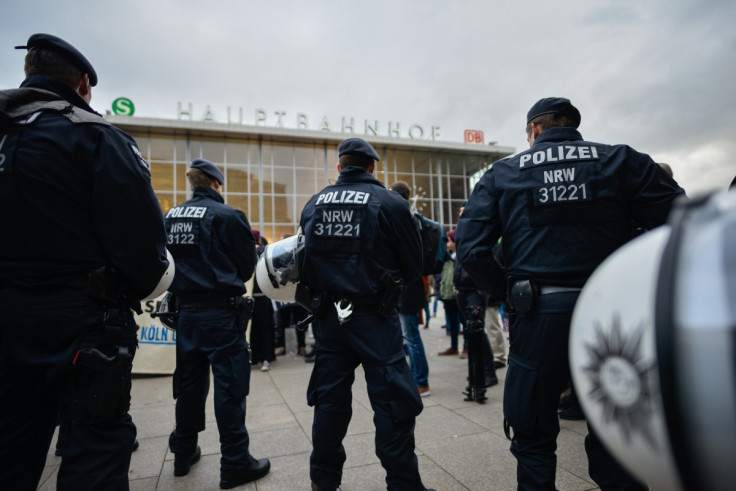Germany: Angela Merkel says sex attackers could be deported

Migrant offenders involved in the New Year's Eve mob sex attacks and muggings in Cologne risk deportation, Chancellor Angela Merkel has said. While out celebrating the start of 2016, a large number of women were attacked on the streets of the west German city by gangs of men described by witnesses as being Arab or North African.
Cologne police spokeswoman Stefanie Becker told CNN the authorities received more than 121 criminal complaints including two accounts of rape. Sixteen suspects have been identified but are yet to be charged.
"What happened on New Year is not acceptable," Merkel said in a statement. "These are repugnant criminal acts that a state, that Germany will not accept. The feeling women had in this case of being at people's mercy, without any protection, is intolerable for me personally as well.
"That's why it is important that everything that happened there will be brought to the table. We must examine again and again whether we have already done what is necessary in terms of deportations from Germany, in order to send clear signals to those who are not prepared to abide by our legal order."
German Justice Minister Heiko Maas reiterated Merkel's view and said: "The law allows for people to be deported during asylum proceedings if they're sentenced to a year or more in prison, and that's possible with sexual offences." Similar attacks were reported in two other German cities: Hamburg and Stuttgart. Finland and Switzerland also reported violence and sexual attacks on New Year's Eve.
While officials have urged citizens not to subject foreign residents to "blanket suspicion", Merkel's decision to accept a large number of migrants seeking asylum has been widely criticised. But the Chancellor has acknowledged that it is imperative to achieve a "noticeable reduction in the flow of refugees".
© Copyright IBTimes 2025. All rights reserved.




















